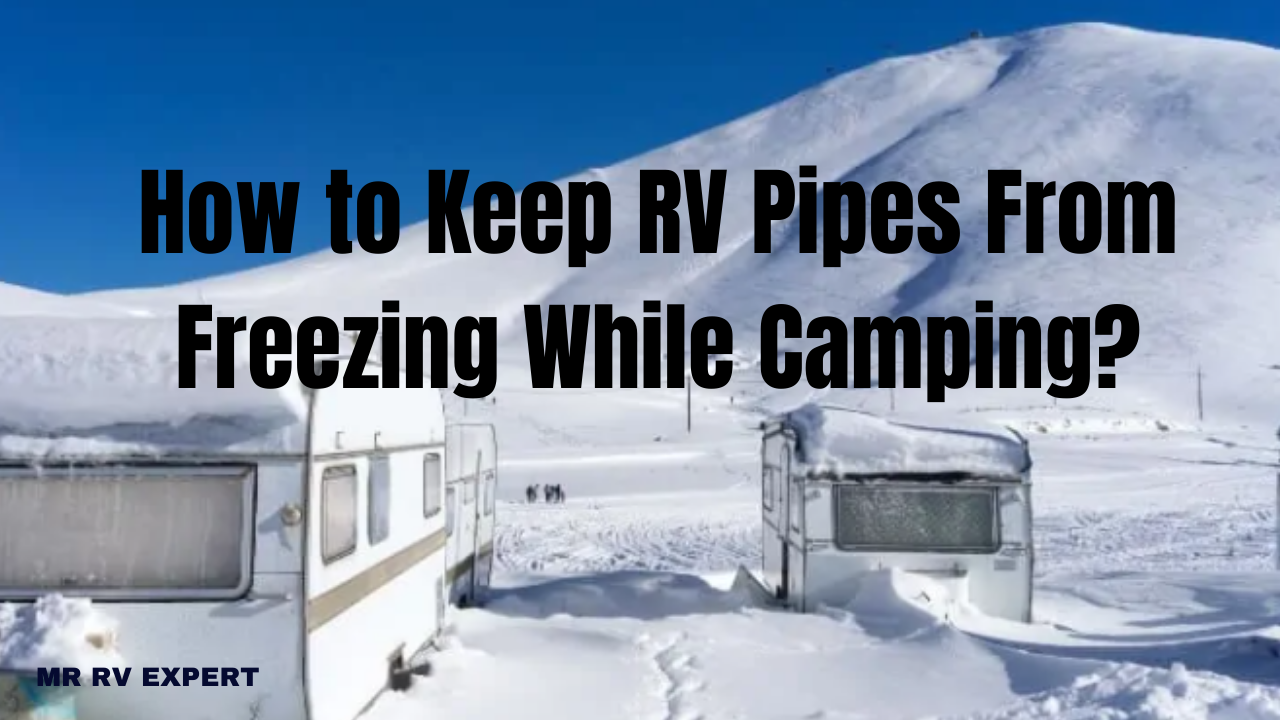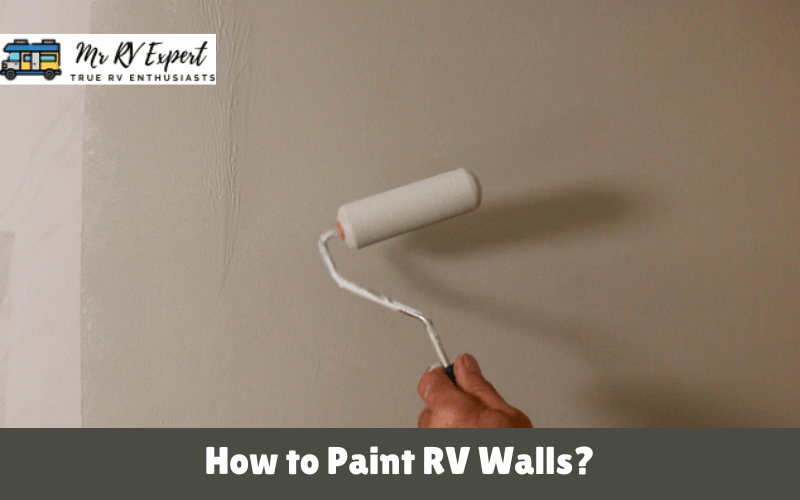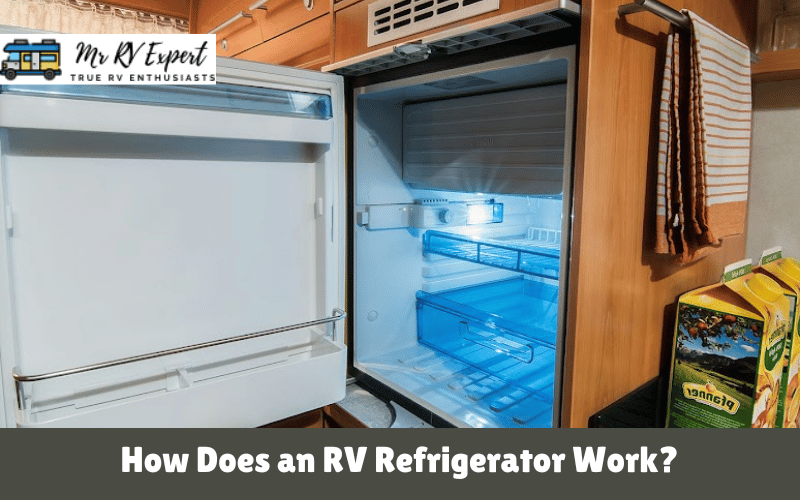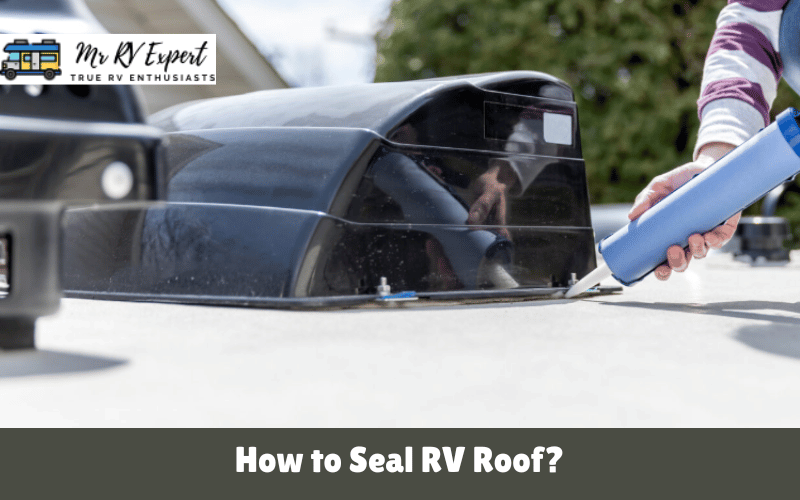When it’s cold outside, it can be difficult to determine how to keep RV pipes from freezing while camping. However, a number of simple steps can help prevent frozen pipes. First, turn off the water system before you leave. If you don’t do this, the cold will freeze the water inside. Make sure the water valves are closed and turn off the valves before you leave. In case you have a hot water tank, check to make sure that it doesn’t leak.
When the temperature goes below freezing, the pipes inside the RV may freeze. This happens because water expands when it freezes. The water will expand, which can damage water tanks and pipes. It’s important to keep these components protected during the cold months. If you follow these tips, you’ll be able to stay warm and dry in your RV. Then, you’ll be able to use all of the amenities that you rely on while camping.
Table of Contents
How to Keep RV Pipes From Freezing While Camping?
Install tape:
The first way to prevent freezing pipes is to install heat tape on the inside of the pipes. This tape is available in many colors and can be cut to fit your RV’s water lines. Once installed, it will provide heat to the interior of the pipes and keep them above freezing. But you should follow the manufacturer’s instructions before installing heat tape. It’s recommended to apply heat tape directly to the hoses. You should always check the temperature rating of the heating tape before using it in cold weather.
It’s important to insulate your RV pipes to prevent freezing. For instance, you should use heat tape or foam insulation in your holding tanks. You should also install skirting in the undercarriage of your RV. These measures will help protect the RV sewer hoses from ice and snow. If you’re concerned about the cold, don’t hesitate to take the necessary steps. The good news is that these solutions are affordable and easily available.
Add antifreeze:
If you’re going camping in cold weather, one of the most important things you can do is add antifreeze to your RV’s water pipes. When the temperature drops below freezing, the water lines inside your RV can freeze and burst, resulting in a loss of hot water and potential damage to your plumbing system. Adding antifreeze is the easiest way to prevent this problem, and it won’t cost you much.
RV owners should always add antifreeze to their holding tanks. If you’re camping in a climate that never freezes, you may not need to add any. However, it’s still a good idea to add some antifreeze to your tank if you want to keep your plumbing system from freezing. It’s not toxic, and you won’t have to worry about damaging your RV. Use small space heaters:
Use internal fish water tank:
It may seem like a hassle to maintain a warm temperature inside your RV, but it can help you save money if you take preventive measures. The first thing to do is to check your temperature gauge every few hours. If it is below freezing, the pipes in your RV will most likely freeze. Depending on the temperature, it can happen overnight or over several days. To make sure the pipes do not freeze, you can use an internal fish water tank as well to warm up the RV.
Use a heater:
If you’re concerned about the water system, it’s important to remember that the pipes inside your RV can freeze even in the coldest conditions. If you don’t have heat tape, you should invest in a space heater to prevent the pipes from freezing. This will be very helpful if you are going to camp in a cold area!
Why Should You Prevent RV Pipes From Freezing While Camping?
Fortunately, RVs make winter camping easier and more convenient. With a chilly climate, it’s possible to enjoy your trip even during the coldest months. Many RVers don’t consider this when planning their summer vacation, but it’s a great opportunity for those who prefer to camp year-round. But it’s important to take steps to protect your RV from ice damage and keep pipes from freezing while traveling.
Even if you’re traveling stealthily, it’s still important to keep your RV pipes from freezing while you’re camping. This will help you to avoid any unexpected problems and keep your water supply intact. However, in case of severe weather, it’s possible that your RV’s pipes will freeze. To avoid this situation, follow the tips mentioned above. Just take care of your plumbing.
Temperature
When temperatures are extremely low, RV pipes can freeze. Whether your water tank is heated or not, it’s important to keep your RV’s plumbing from freezing, and you need to be proactive in protecting your investment. If your RV’s pipes are too exposed, they could burst. You should plan for the coldest days of the year and prepare ahead of time.
Before your RV winter trip, it’s important to make sure that it has a heater. Using a heater is a great way to keep your RV pipes from freezing.
If your pipes don’t have an adequate heating system, you can also run it without a problem. Aside from preventing your RV from freezing, you should also make sure that the pipes are not damaged. If a pipe is frozen, you should remove the water from it. If you need to, you should check the temperature of the surrounding area before you start the process. It is important to keep in mind that if you have used these methods, you should have no problems with cold temperatures.
[kkstarratings]








